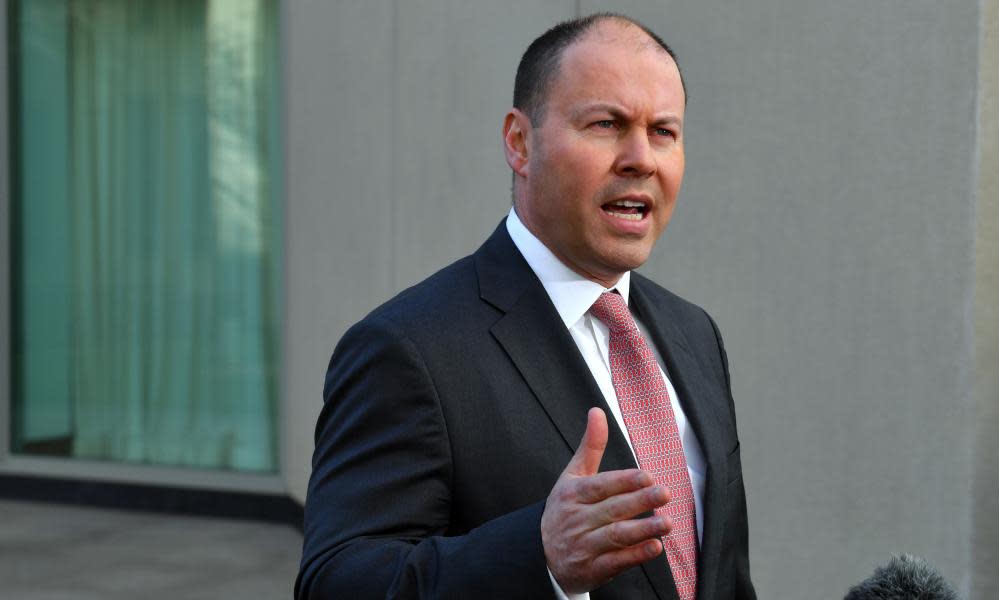Corporate regulator does not know how Coalition's class action crackdown would work

The corporate regulator has told parliament it does not know how a clampdown on litigation funders introduced by treasurer Josh Frydenberg will work, less than five weeks before the changes are due to come into force.
In a shambolic morning of evidence to a parliamentary committee, Australian Securities and Investments Commission officers revealed the regulator had just two public documents to work from in coming up with a response to Frydenberg’s move – his media release and a regulatory impact statement.
Frydenberg’s new regulation will require litigation funders, which bankroll lawsuits including class actions in return for a cut of any winnings, to hold a financial services licence.
The move is one of two measures attacking litigation funders and class actions introduced by Frydenberg at the peak of the coronavirus crisis – in the other, he alarmed investors by watering down continuous disclosure rules requiring listed companies to keep the market up to date on their financial situation.
Related: Fears a crackdown on class actions in Australia could let big businesses 'do what they like'
Big business and the US chamber of commerce have been campaigning heavily against class actions and litigation funders, prompting a fightback by the industry.
The Morrison government is also running a parliamentary inquiry on the issue, which descended into farce on Monday after a witness from the Liberal-aligned Menzies Research Institute was accused of misquoting a judge in a submission attacking class actions.
In testimony to parliament on Wednesday, Asic initially tried to walk back previous evidence that it had not been told about the litigation funder changes until the day before Frydenberg announced them.
The commissioner responsible for enforcement, Daniel Crennan, QC, said former commissioner John Price “met with Treasury officials regularly throughout March, April and May to discuss the possible content of prospective legislative instruments, including one relating to the continuous disclosure regime”.
He said Asic’s views on continuous disclosure and litigation funding were also on the public records through its submissions to the Australian Law Reform Commission.
However, under close questioning from Labor senator Deborah O’Neill, Asic commissioner Karen Chester said that although Treasury asked the regulator some “technical questions” about litigation funding in April, it was never asked for policy advice on the issue.
Asic’s interactions with the treasurer, his office and Treasury over the sudden change are now set to be revealed after O’Neill asked the regulator to put them on the public record.
Chairman James Shipton said Frydenberg told him about the changes in a phone call during working hours on 21 May, the day before the treasurer unveiled the measure.
“There was a flurry of conversations” in the lead-up to the announcement, he said.
Chester and the Asic executive director, Warren Day, were unable to answer O’Neill’s detailed questions about how legal requirements covering financial services licensees would apply to litigation funders.
“It sounds like it was policy on the run,” O’Neill said.
Chester and Day did not respond.

 Yahoo News
Yahoo News 
